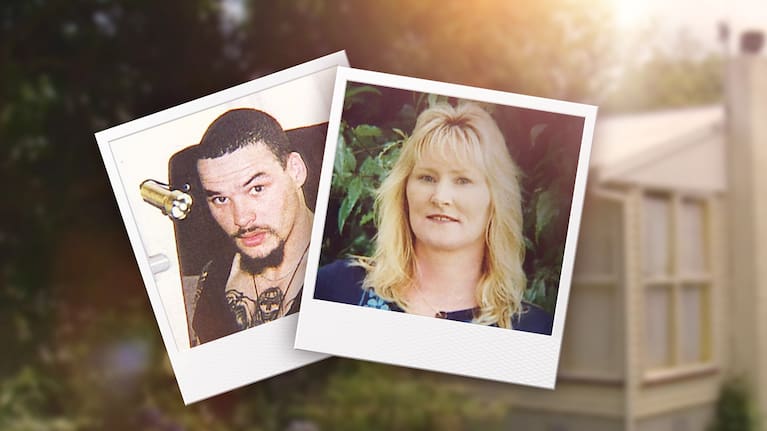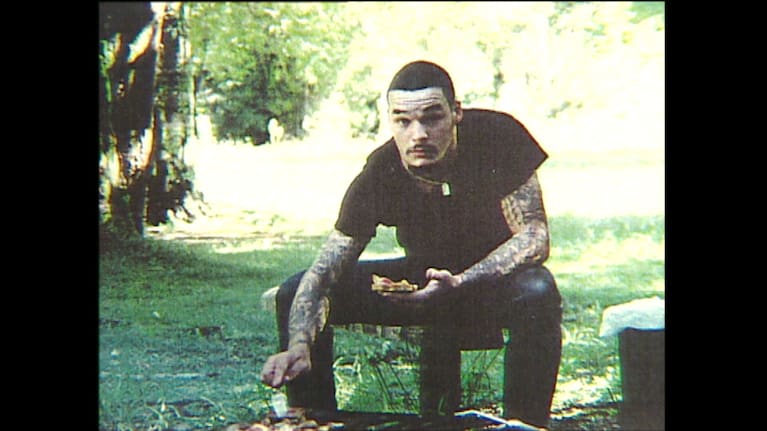Gail Maney says she is ready to fight for compensation after she was acquitted of murder yesterday, having spent 15 years in prison.
Maney and co-defendant Stephen Stone were convicted for the murder of 21-year-old Auckland man Deane Fuller-Sandys in 1999 and at a retrial in 2000.
Stone was also convicted of raping and murdering sex worker Leah Stephens, who the Crown said witnessed the Fuller-Sandys killing. Maney’s brother Colin Maney and Mark Henriksen were convicted as accessories to Fuller-Sandys’ murder.
Yesterday, at the Court of Appeal in Wellington, the Crown admitted a miscarriage of justice had occurred during the trial. Police did not disclose two vital documents that affected the credibility of two key witnesses.
Maney was acquitted, while Colin Maney and Henriksen’s convictions were also quashed, with verdicts of acquittal entered.
Stone, meanwhile, had his conviction quashed, but a retrial was ordered because the Crown believed there was still a case against him.

Maney spoke to Breakfast this morning and was asked if she would be fighting for compensation.
“We’ll take on the challenge,” she said.
Asked if she had enough left in the tank to continue the fight, Maney said: “It’s just become part of my journey in life, it’s grown with me as a person, and I can’t change it.”
Also joining Breakfast was private investigator Tim McKinnel, who got behind the case after the release of the podcast Gone Fishing.
He said about compensation: “We’ve moved on some back-of-the-envelope numbers, just to try and look at what we’re dealing with.”
Maney and Stephen Stone were twice convicted for the 21-year-old’s 1999 murder. (Source: 1News)
He said there were Cabinet guidelines covering compensation for wrongfully convicted people who have spent time in prison.
“We see some gaps in those guidelines, particularly for somebody in Gale’s situation, where she has lost family time, she’s unable to be a mother to her children,” he said.
“You can’t fix that, money won’t put a value on that, money won’t fix it.
“But the Cabinet guidelines are silent on those types of issues, and so that is something we’ll look very closely at.”
Maney said her conviction and subsequent imprisonment were “damaging” to her children as they were very young at the time.
“They lost their mother, they lost each other, they lost their security, their home, their trust.”
‘Don’t have a lot of faith’ in the justice system – Maney

Maney said that while she was “grateful” she had been acquitted, “I don’t have a lot of faith in the New Zealand justice system”.
“I’m a little bit confused about why Stephen Stone didn’t get acquitted as well because he is innocent as well because this did not happen”.
At the time of her conviction in 1999, the Crown successfully argued Maney ordered Stone to kill Fuller-Sandys because he had stolen from her.
Police found the murder had taken place in Maney’s garage, with 10 people there including Maney and Stone.
Investigators believe Stone shot first before making four others do the same – including Maney’s brother and Mark Henriksen.
Stephens was also in the garage, and the Crown argued Stone raped and killed her because it was feared she would talk. He was also convicted of those charges and remains in prison today after 26 years.
McKinnel said it was a “very troubling case”.
“I don’t think we’ve seen anything quite of this scale in New Zealand before.”

He said the fight for justice was “not quite over yet” as Stone still had a theoretical retrial to get through.
“It should never have taken this long,” he said.
The case began after Deane Fuller-Sandys went fishing in August 1989 off Auckland’s west coast and never returned. His body was never found.
Within a week of Fuller-Sandys going missing, Stephens also disappeared. Her body was found, but it was not until 1997 that police started to link the two cases based on tips.
She was acquitted of the murder of Deane Fuller-Sandys after 15 years in prison. (Source: 1News)










